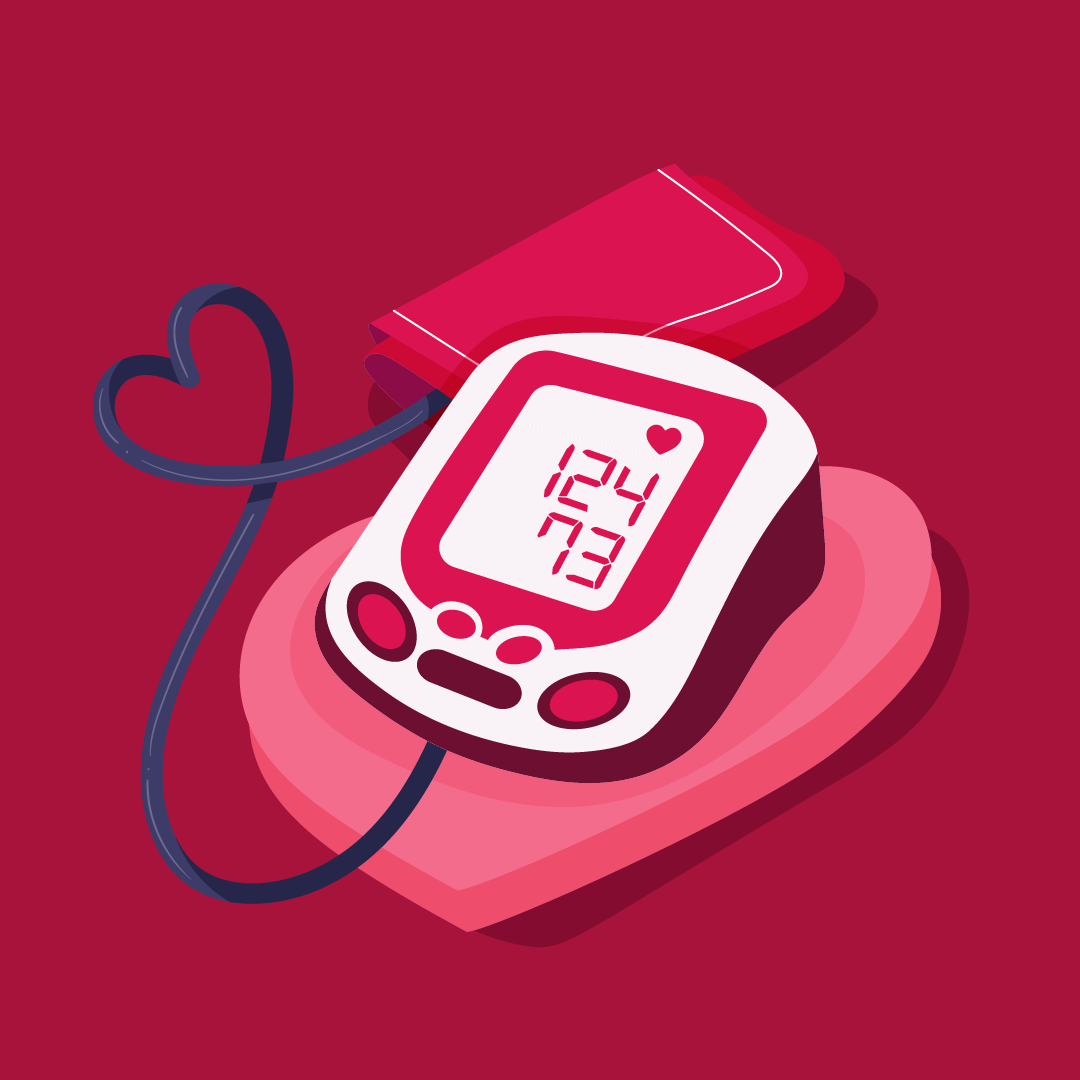Whether you require disability support for yourself or a family member, finding and choosing the right homecare provider is an important decision to make, and can directly impact quality of life.
Health & Wellness Blog
07/05/2024
5 Interview Tips to Land Your Dream Nursing Job
The healthcare sector is leading the annual increase of filled jobs in New Zealand over the past year. While the New Zealand health system has historically been in need of skilled nurses and healthcare workers, the statistics are showing that slowly but surely, the roles are being filled.
If you’re a nurse looking to land your dream job in the New Zealand healthcare sector, whether with a public or private healthcare provider, it’s crucial to pair the right qualifications and experience with a stellar interview that showcases your personality and professionalism, and leaves a positive impression on employers.
Here are our top five interview tips for nurses, specifically tailored to the New Zealand healthcare sector.
Research the nursing role and organisation
One of the advantages of a nursing career is the diversity in roles and organisations that you can work in. Whether your preference is the fast-paced environment of public hospitals or the familiarity of patients at a private general practice, each workplace is unique.
Therefore, before you arrive at your nursing interview, make sure that you’ve done your due diligence on:
The nursing role:
- What type of shift work does the role require?
- Is it a general or specialist role?
- Does the role require any special certificates? (such as prescribing authority, authorised vaccinator status or post-graduate specialist qualifications)
- Is there a preferred level of experience? (entry level, intermediate, senior)
The organisation:
- Is the organisation a public or private facility?
- How is the organisation structured and funded?
- Where does the organisation sit in the range of healthcare providers in New Zealand? (Nursing home, hospital, general practice, schools, outpatient centres etc.)
This research will help you to answer in detail why you want to work at the healthcare provider you’ve applied for, and show your attention to detail and thoughtfulness as to how the role is a good fit for you.
Clinical skills
Your repertoire of clinical skills is your trump card when it comes to winning over an interview panel. Your future employer will need to know the breadth of your foundation of clinical knowledge up font, so be prepared to walk them through:
- Your nursing education (Enrolled Nurse, Registered Nurse, Post-Graduate Study)
- Technical skills you’re confident in applying, such as infection control, medication management, vaccination administration, triaging, admitting and discharging patients
- Key skills such as communication, time management, critical thinking and delegation
- Use of relevant instruments, machines and health technology
To some degree, your future employer should be able to gauge your level of clinical skill from your resume, but always be prepared to go into further detail.
Soft skills
Beyond the clinical skills of nursing, the markers of an outstanding nursing candidate and often what differentiates one applicant from another, are soft skills.
Soft skills are the non-technical elements of nursing that can’t always be practically taught. For example, compassion when dealing with sensitive or tense situations, resilience and attention to detail in stressful environments, personal accountability - and of course, a good bedside manner of respect and care.
More than 61% of professionals say that soft skills are as important as hard skills in the workplace, and the healthcare industry is no different. These are the skills that make patients feel cared for and at ease.
Prepare experiential examples
In a nursing interview, painting the picture of how you have applied your clinical and soft skills through experiential examples is even more important than listing that you have them.
These examples demonstrate how you conduct yourself in a professional environment, navigate challenging, tense or high pressure situations and give your interview an insight into how you operate as a nurse.
Before your interview, list the technical and soft skills and spend some time thinking of examples of times that you’ve demonstrated these skills. It’s also likely that you’ll be asked about specific scenarios (such as an aggressive patient, a frustrated co-worker or a workplace conflict) so make sure to have answers to these that paint your professionalism in a good light.
Always ask questions
At the end of the interview, more often than not, employers will ask if you have any questions you’d like to ask in return.
Our best piece of advice is to always ask questions.
This is your opportunity to demonstrate a healthy curiosity and interest in the role, and open a more candid and open conversation with the interview panel. Your questions can be anything from role-related queries like what shifts are expected to be worked, to more general questions about workplace culture.
Remember, an interview is a two-way conversation and this is the moment to make sure the role is the perfect fit for you.

17/05/2024
Disability Support: Finding the Right Homecare Pro...

27/07/2023
Creating a Heart-Healthy Lifestyle
Here are some of the best tips from this month of wellness to aid in blood pressure management.

26/05/2023
Constructing the Ultimate Power Nap
One person. 20 Minutes. The seemingly unattainable goal to feel well rested.
